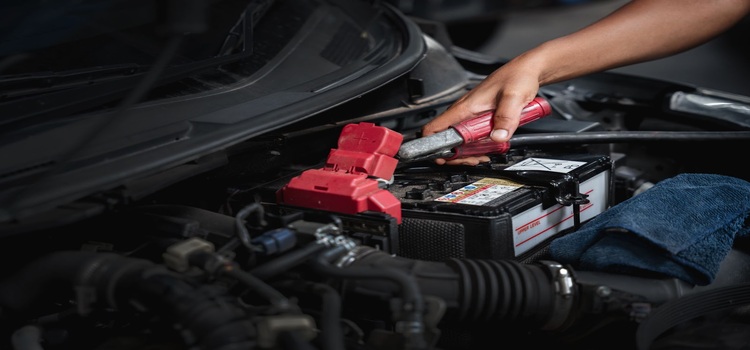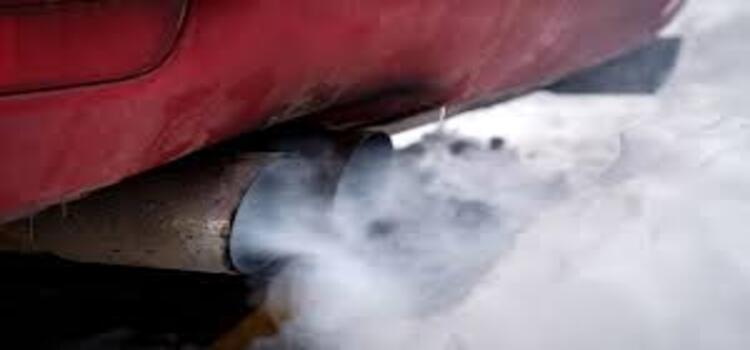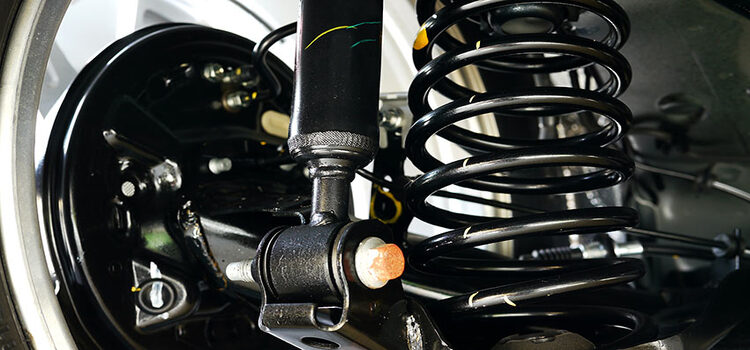
Lancia cars are known for their elegant design and Italian craftsmanship, but like any vehicle, they can develop problems over time. If you're experiencing issues with your Lancia, it's essential to understand the most common causes and how to address them. This guide will help you troubleshoot Lancia cars and fix the typical lancia problems that can arise. Let’s take a closer look at some of the most frequent concerns Lancia owners face and how to resolve them.
Identifying Lancia Problems: What to Look For
One of the first steps in troubleshooting your Lancia is identifying the problem. Lancia problems can range from minor annoyances to more significant issues that impact your car’s performance. Some common signs include unusual noises, warning lights on the dashboard, or poor fuel efficiency. If your Lancia is struggling to start or making strange sounds while driving, it’s a good idea to inspect the car or bring it to a mechanic.
Common Lancia Car Issues and How to Fix Them
1. Electrical Failures

Electrical issues are among the lancia car issues that often trouble owners. These can manifest as malfunctioning lights, faulty power windows, or problems with the car's infotainment system. If you notice any of these issues, it could be due to a blown fuse, a failing alternator, or a wiring fault. To resolve electrical failures, check the car’s fuses first and replace any that have blown. If the issue persists, it's best to consult a professional mechanic to inspect the alternator or wiring.
2. Engine Misfires or Stalling

Another common issue with Lancia cars is engine misfires or stalling. This can be caused by a variety of factors, including faulty spark plugs, a clogged fuel injector, or an issue with the fuel pump. If your engine is misfiring or stalling while driving, it’s important to get to the root of the problem. Replacing spark plugs is often a simple fix, but for more complex issues like fuel injection or pump failure, you may need to take your car to a trusted mechanic.
3. Suspension and Steering Problems

Lancia cars are also known to experience suspension and steering lancia car common problems. These issues may present themselves as a rough ride, difficulty steering, or uneven tire wear. Worn-out shock absorbers or struts, or damaged steering components, can cause these problems. Regular maintenance and replacing worn suspension parts can help restore smooth handling and improve safety.
How to Prevent Lancia Car Problems
Prevention is always better than cure when it comes to car maintenance. Regular servicing and inspections can help catch potential issues before they become major problems. For Lancia owners, this means keeping up with oil changes, brake inspections, tire rotations, and monitoring the electrical system. Maintaining your car’s routine schedule will help you avoid Lancia car issues down the road.
Conclusion
Troubleshooting and fixing Lancia car common problems doesn’t have to be overwhelming. By knowing the typical issues that arise and how to address them, you can ensure your Lancia remains in good working condition. Whether it's electrical malfunctions, engine troubles, or suspension issues, understanding what causes these problems and how to resolve them is key to keeping your Lancia running smoothly. Always remember that regular maintenance and prompt attention to any signs of trouble can go a long way in extending the life of your Lancia vehicle.



